Brazil Leads The World In Reducing Carbon Emissions By Slashing Deforestation

Brazil’s success in slowing rain forest destruction has resulted in enormous reductions in carbon emissions and shows that it’s possible to zealously promote sustainability while still growing the economy, suggests a new study.
Mining For Smartphones – “Coast, Coral and Community,” A Documentary Series
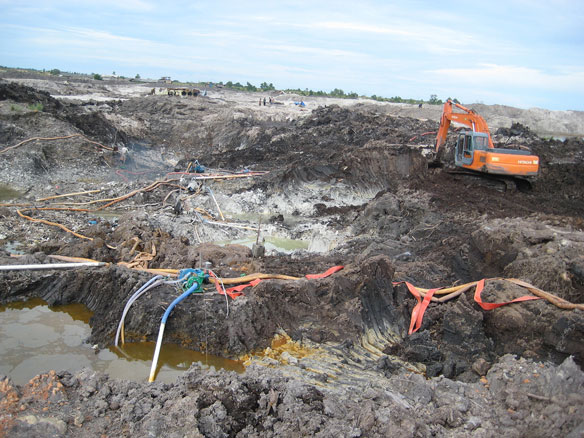
A remote island of the Indonesian archipelago is being stripped off its forests and dug up for tin used in millions of mobile phones, tablets and laptops. Tin mining is taking its toll on the island’s coastline, damaging mangrove forests that help protect it from tropical storms and big waves.
Forests of the Mississippi Alluvial Plain
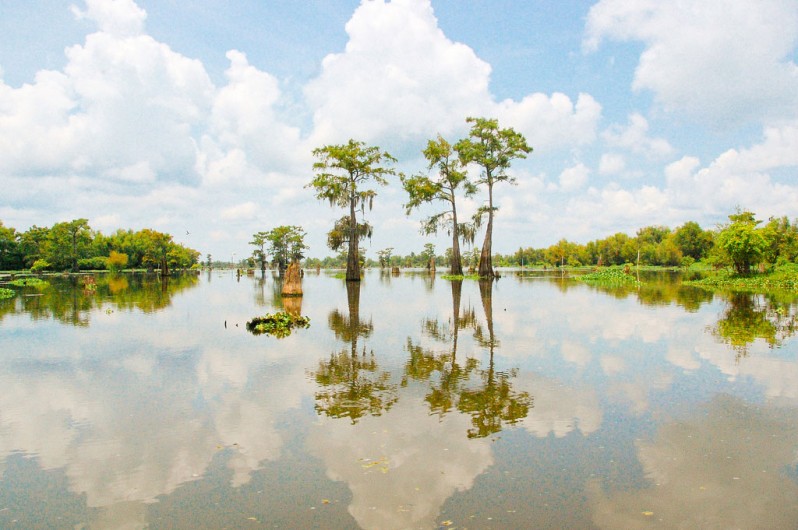
The expansive Mississippi Alluvial Plain spreads from the confluence of the Mississippi and Ohio Rivers in southern Illinois to the Gulf of Mexico. The plain once contained the largest forested wetland ecosystem in North America.
Brown Pelicans: A Test Case For the Endangered Species Act
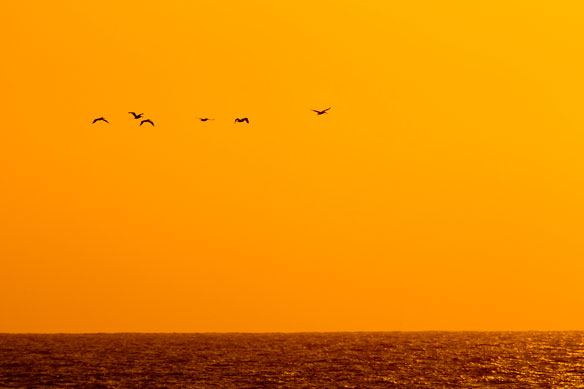
Brown pelicans were removed from the U.S. Endangered Species List in 2009, but a recent crash in Pacific Coast populations of sardines, the pelican’s prime food, is posing new threats to these oddly elegant birds. Pelicans are just one of many indicator species that fisheries managers ignore at the peril of both marine ecosystems and commercial fishermen.
The Lumber Boom of Coastal South Carolina

A new display at the South Carolina Maritime Museum in Georgetown called “HENRIETTA, the Largest Wooden Sailing Ship Ever Built in South Carolina,” effectively combines illustrations and illuminations to explain the huge amount of resources needed to construct the square-rigged HENRIETTA.
Gladstone Dredging Project Not Consistent With Best Practice, Australia

A dredging project at Gladstone harbor, Queensland, which coincided with the deaths of a large number of fish was deficient in its decision making and construction, a report instigated by the federal government has found.
Kiribati Bans Fishing in Crucial Marine Sanctuary
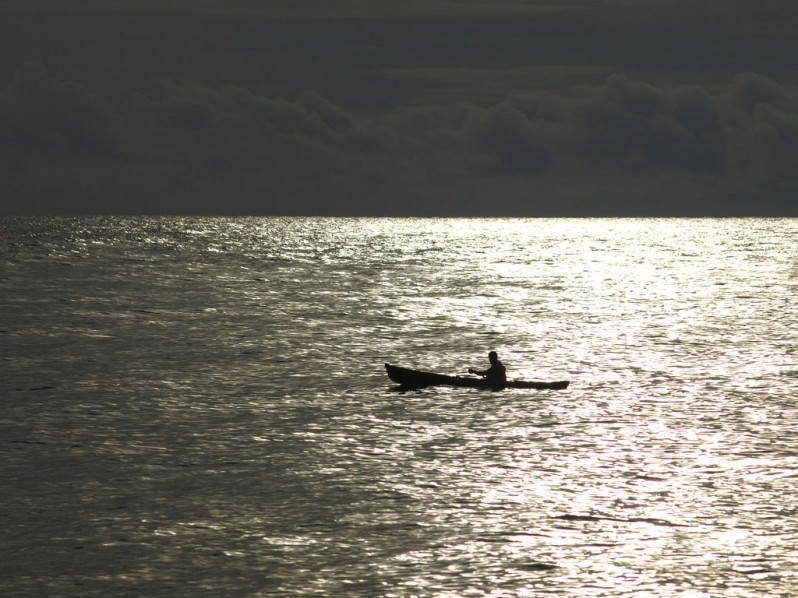
The ban would allow populations of fish depleted by excessive fishing to return to natural levels in the Phoenix Islands Protected Area (PIPA), a patch of ocean the size of California studded with pristine, uninhabited atolls, making this potentially the most effective marine reserve in the world.
Great Barrier Reef’s Unprecedented Threat From Dredging, Dumping
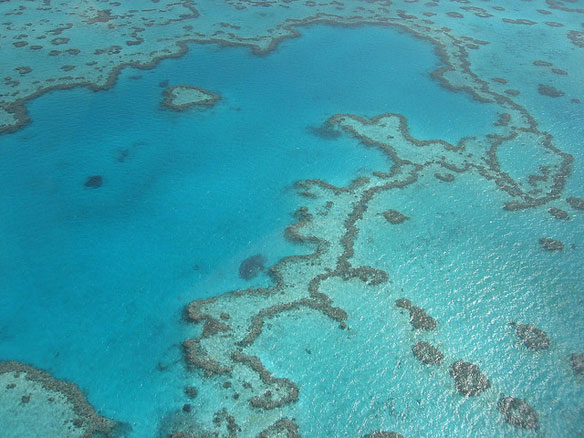
The impact of dredging and dumping sediment on the Great Barrier Reef has been far greater than the mining industry has claimed, with nearly 150m tonnes of new dredging set to take place in the reef’s waters, a study shows.
Ocean Acidification Robs Reef Fish Of Their Fear Of Predators
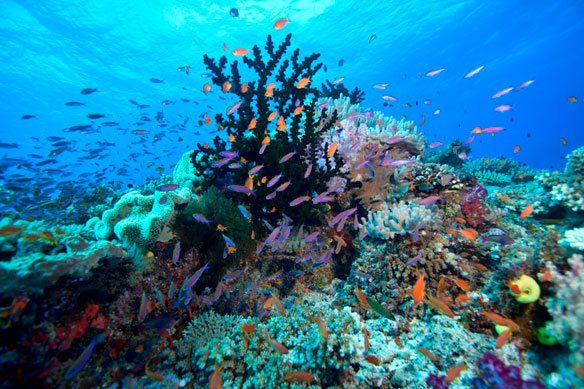
Research on the behavior of coral reef fish at naturally-occurring carbon dioxide seeps in Milne Bay in eastern Papua New Guinea has shown that continuous exposure to increased levels of carbon dioxide dramatically alters the way fish respond to predators.
